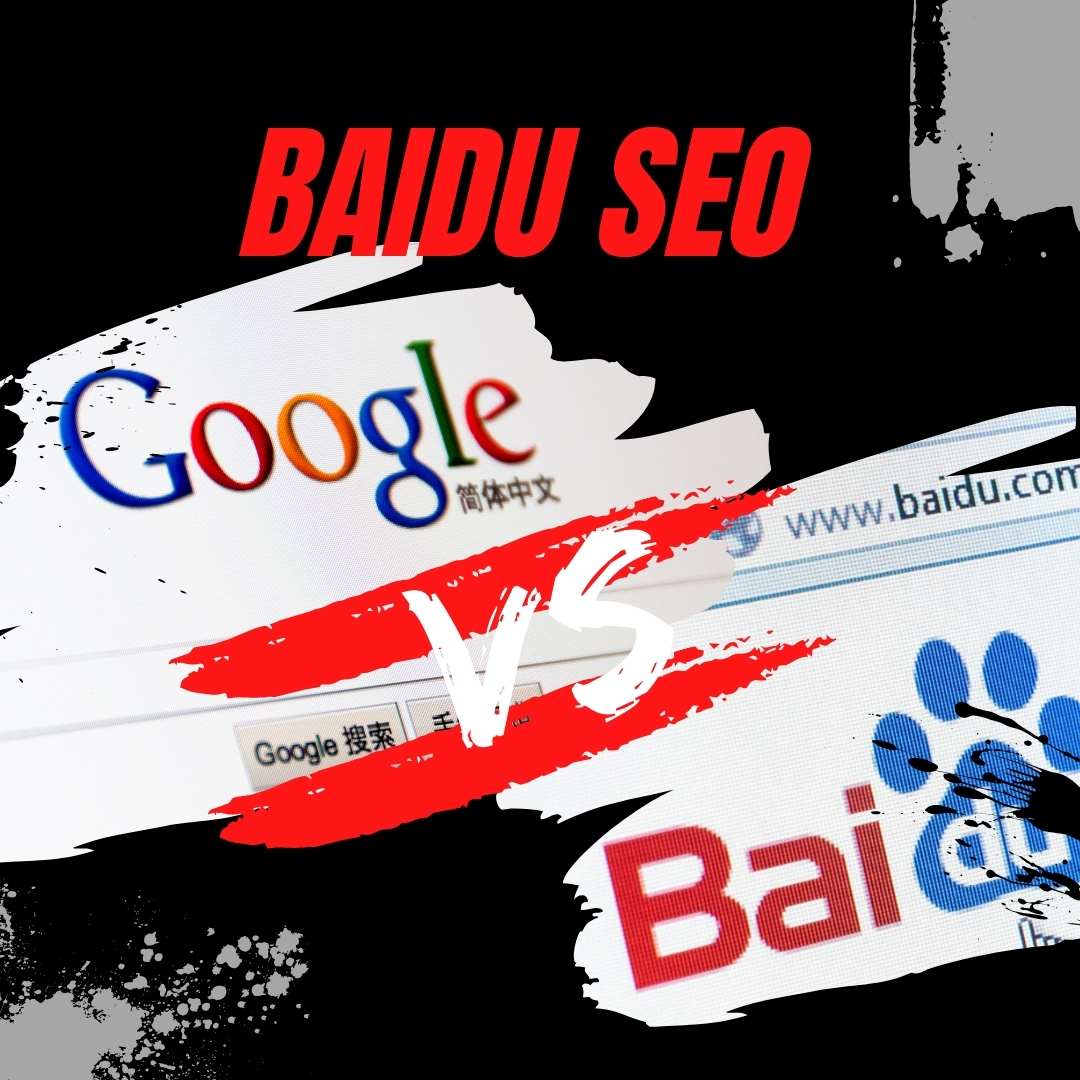Baidu is unquestionably the most popular search engine in China. However, optimising for Baidu with the same strategy as for Google is unlikely to get your site at the top of page one. You’ll need a comprehensive understanding of how to optimise for the Chinese search giant to be genuinely successful with SEO in China.
Baidu SEO has its own difficult environment, consisting of complicated language challenges, cultural variations, distinct user behaviour, legal issues, censorship, and technical constraints. There are some distinctions between the two search engines that will affect your strategy, and when it comes to China, your Google strategy isn’t one-size-fits-all.
The Art Of Search
Because searching with Chinese characters is difficult, Chinese users prefer to select alternatives from a list in Baidu and then click on links from that list. This is distinct from Google users, who tend to conduct searches by typing in words. You should be aware about this difference in user behaviour because it changes the dynamic to quite a degree.
Baidu’s Own Products Rank Better
Baidu offers more than 50 different services, including search, maps, an encyclopedia, and anti-virus software.
It’s necessary to acknowledge that certain consumers may, in theory, solely engage with Baidu assets online, rather than visiting third-party websites. It’s also worth noting that Baidu’s search results pages frequently feature their own properties, so generating a lot of traffic and interaction isn’t as straightforward as ranking in the 1 to 10 range.
Baidu – Built Different
Despite being a frontrunner in machine learning, Baidu’s image AI isn’t quite up to par with Google’s. To boost Baidu’s image processing and your chances of ranking in image search, you must rely on your image alt texts and metadata. Meta keywords can influence Baidu, thus they should be optimised the same way you would a page for keywords (please do not spam site-wide in a bid to increase relevancy)
When it comes to crawling JavaScript, Baidu is notoriously terrible, so make sure all of your critical content and links are supplied in plain HTML on both the mobile and desktop versions of your website.
Marketing Improves Baidu’s Indexing
The way Baidu crawls and indexes websites is one of the fundamental differences between Baidu and Google. According to anecdotal evidence, Baidu’s bots can be aggressive crawlers, however, the search engine differs from Google when it comes to indexing.
Google will index a website slowly when it discovers URLs, but you may influence and speed up this process in Baidu by leveraging marketing and public relations. Creating searches and other favourable user signals generate demand for your brand/website.
Content – Keeping It Fresh & Easy To Process
Baidu prefers websites that update their content frequently. Websites in China must update their data and web content quite regularly compared to websites outside of the country.
Furthermore, Baidu’s SEO response time is far shorter than Google’s. As a result, you should expect to see a difference in ranks much sooner – another good reason to keep your content updated!
Since Baidu’s image processing is inferior to Google’s, picture alt-text is critical for ranking in Baidu’s image results.
A Back Door?
Google’s algorithm is quite good at detecting link spam, and it gives powerful backlinks a lot of weight, regardless of where they come from. Baidu, on the other hand, gives more weight to backlinks from China, and this focus makes Baidu vulnerable to SEO manipulation via link spam.
These key differences between Google and Baidu have an impact on how you optimise and establish a successful search marketing plan for China. Get in touch to get started with an ideal search strategy for your company.






















